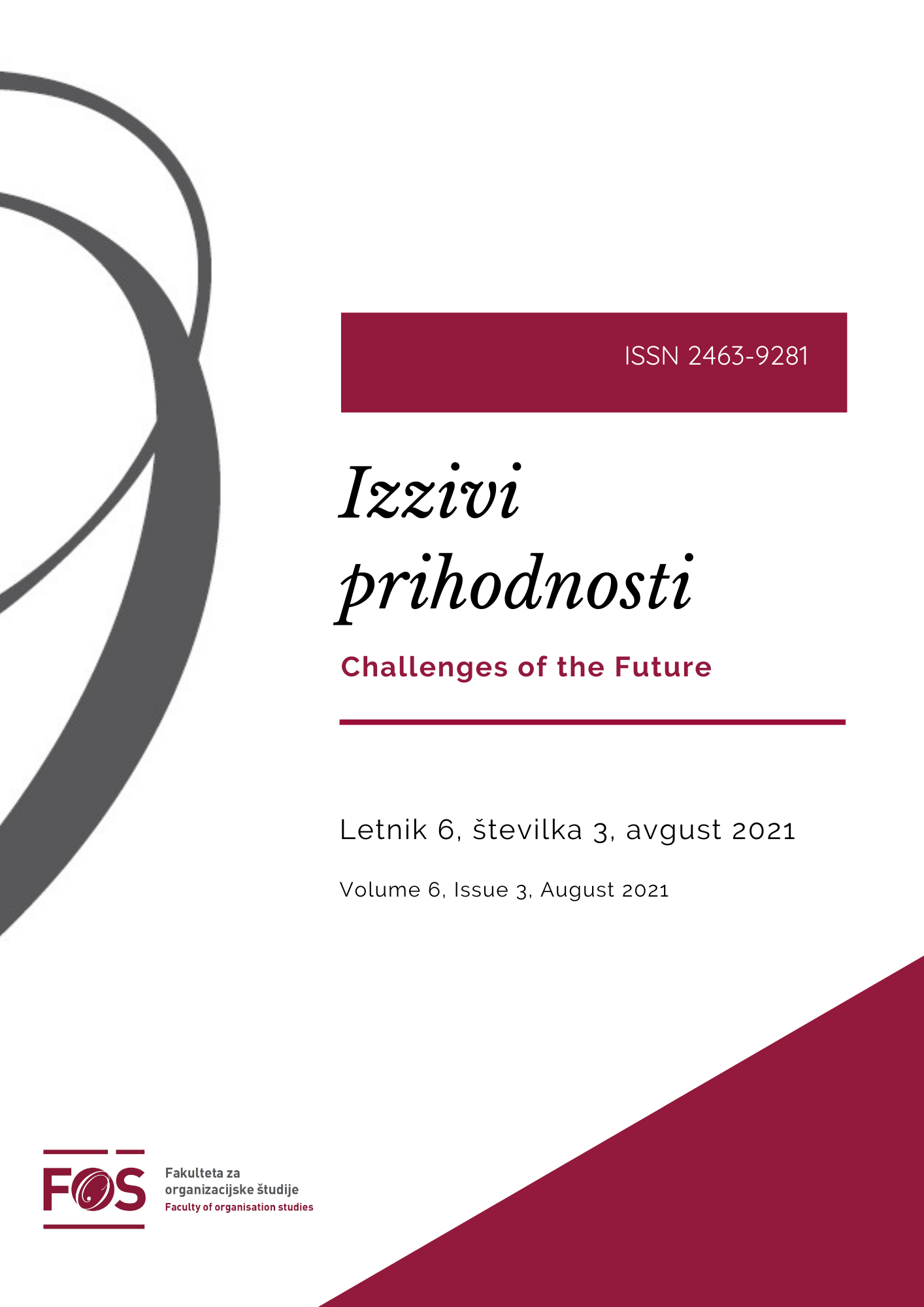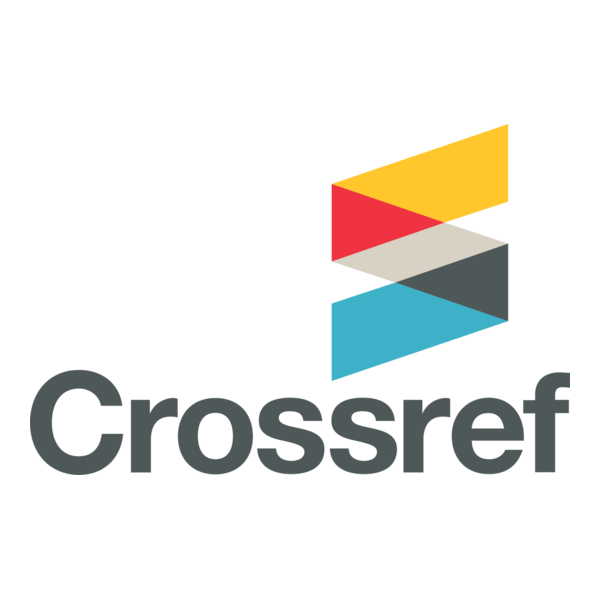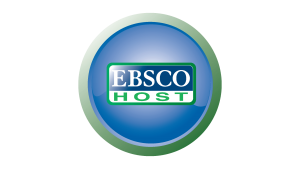Crisis Management Style in Healthcare
Keywords:
leadership, leadership style, leadership behaviour, team decision management, crisis, healthcare, crisis managementAbstract
Research question (RQ): The research aimed to find behaviour patterns of efficient crisis leaders in healthcare and, based on empiric research, develop a leadership style framework during a healthcare crisis. The study contributes to a better overview of behavioural patterns of leaders in situation of crisis. Recognition of decision-making pattern in crisis situations and use of decision model based on scientific findings can be helpful to unexperienced crisis experts, and organizations for preparation for individual crisis plan for organization. Results assist to prepare a timely response in critical situations, including choosing the most appropriate leadership approach appropriate. The study provides less experienced crisis leaders a framework of leadership pattern in healthcare crises, which is based on existing research.
Methods: We reviewed research papers on crisis leadership in healthcare using key words chosen by inductive and deductive methods. We identified 21 papers focusing on crisis in health care. We used qualitative research method based on collection, review, and analysis of the literature. In the theoretical part we performed a systematic overview of leadership theories that consisted of a platform for connecting with scientific literature about leadership in crisis. The findings were critically analyzed, connected, tabulated, and we developed a leadership style framework in crisis of healthcare. We used synthesis of general terms into a higher-level whole. The validity of the study was satisfactory as we focused on scientific literature, without looking for generalizability. External validity is higher because the backbone of the leadership style can be generalized and useful in other areas. Internal validity is lower, because a single researcher did research. We only cited other authors' findings and explained them theoretically, without subjective reasoning.
Results: Leadership is essential for the efficient performance of healthcare professionals in crises. Authors described several leadership patterns in the healthcare crisis but concluded that none of them is efficient in all conditions and should be modified according to actual situations. One of the most crucial leadership patterns is team decision making. To provide safe and efficient patient care in crises, healthcare professionals need to lead highly coordinated team strategies. Bold leadership using directives is more suited for crisis management than group decision making. Goal-oriented leadership motivates employees, orients them and changes plans according to dynamic changes in the situation. Supportive leadership is more useful in a normal situation. In critical conditions goal-oriented, and in less critical situations, supportive leadership is more appropriate. In critical situations, different leadership styles should be used and modified according to current needs. With good relations between a leader and one's subordinates, the leader has fewer troubles in transition from different leadership styles. Employees will also accept a leader's autocratic approach.
Society: Control of healthcare crisis is directly connected to society. How efficient healthcare organizations respond to crisis affects the health of the population and the prosperity of society.
Limitations/further research: There are only few published papers dealing with leadership styles in healthcare crises. Globalization brings new challenges to critical conditions. Therefore, new research is needed to explore new situations in the future. Research explores critical conditions in healthcare in a general context. The nature of the crisis can dictate a particular leadership style. Further studies are needed to test proposed healthcare leadership styles in different contexts to enable a deeper understanding of leader-employee dynamics in critical conditions.
Additional Files
Published
How to Cite
Issue
Section
License

This work is licensed under a Creative Commons Attribution-ShareAlike 4.0 International License.
![]()








